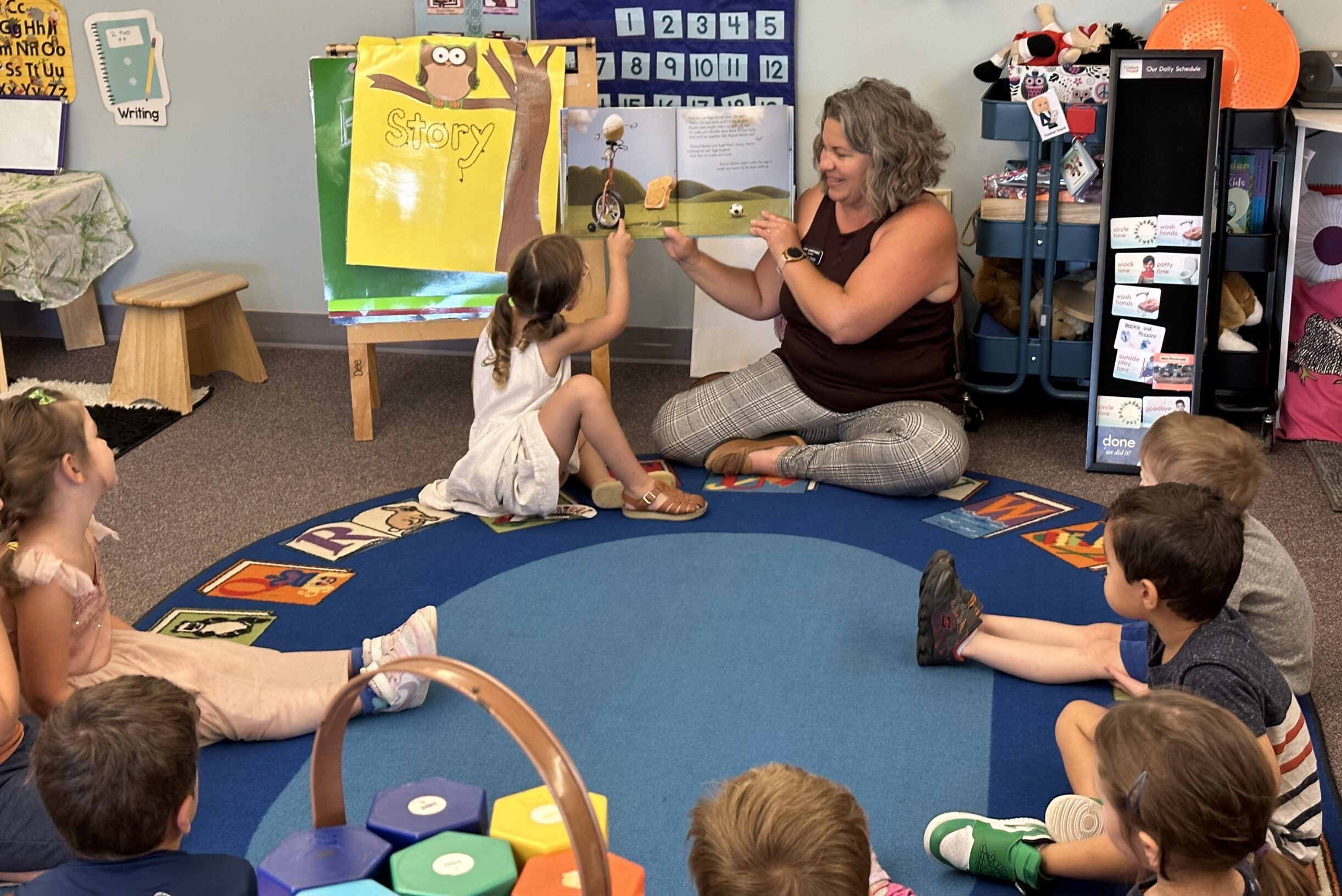
Posted 11:52 a.m. | Updated 3:00 p.m.
Denver City Attorney Scott Martinez says there are no plans to add community members to a team working to reform the troubled Denver Sheriff's Department, despite demands for such a position made Monday at a rally by members of the city's civil rights organizations, including the Colorado Latino Forum and Black Lives Matter 5280.
A group of eight staff and city officials chosen by Mayor Michael Hancock are evaluating a 300-page independent report critical of the department, issued by independent consultants.
- May 21: Sweeping Report Calls For Overhaul Of The Department
- March 31: Jail Reforming Won't Be Easy Or Cheap
- March 19: Sheriff's Dept. 'Seriously Mismanaged,' Auditor Says
“The process for reforming the sheriff’s department has to be broken down into bite size chunks so that there are opportunities for the community to weigh in on those policy aspects of the recommendations, and those aspects that are technical can go to the technicians," Martinez says. "This is going to be an inclusive process, not an exclusive process."
While there will be no community members on the current team, future subcommittees will be formed to put recommended changes into action, and Martinez said he expects those subcommittees to have community involvement, adding that he didn't know when they would be formed.
Specific recommendations identified by the independent report include the use of force and internal affairs, staffing and performance optimization, leadership and supervision, training, technology, human resources, and community engagement, Martinez said.
The nine recommendations from the civil rights groups include:
- Improve transparency transparency by telling the public when meetings will be held, report each meeting's outcome and take note of all who were present, next steps and timelines.
- Report the ongoing cost of the reform effort including the hiring and cost of consultants.
- Disclose the process for selecting the next Sheriff, including how community voices will be heard incorporated.
- Recognize that community members and union members are just as invested in improving the Sheriff’s Department as City officials.
- Acknowledge the mistake of denying a community seat on the Implementation Team, and create such a position.
- Expand the independent reviews to include the Public Safety Department and City Attorney’s Office.
- Help the public understand that institutional change takes time, and that "an honest assessment of systemic leadership failures at every level of City government" is needed.
- Consider whether it's time for the Denver Sheriff to be an elected position.
- Keep a focus on "the social injustice of mass incarceration and to treat criminalized persons as human beings with dignity and respect."
In a statement, Rudy Gonzales of the Colorado Latino Forum says a representative from the community is vital to the success of the implementation team.
“As community members, we are just as invested in improving our Sheriff’s Department and our City as our paid elected and appointed officials. After all the volunteer work we have done to get to this point, to be denied a seat at the table of leadership on this issue is an insult,” he said.
Mike Jackson, president of Denver Sheriff Lodge 27 and a member of the implementation team, agreed.
“The perspective and opinions of community groups in developing any plan regarding changes to this agency are integral to the success of any such plan,” he said in a statement.









